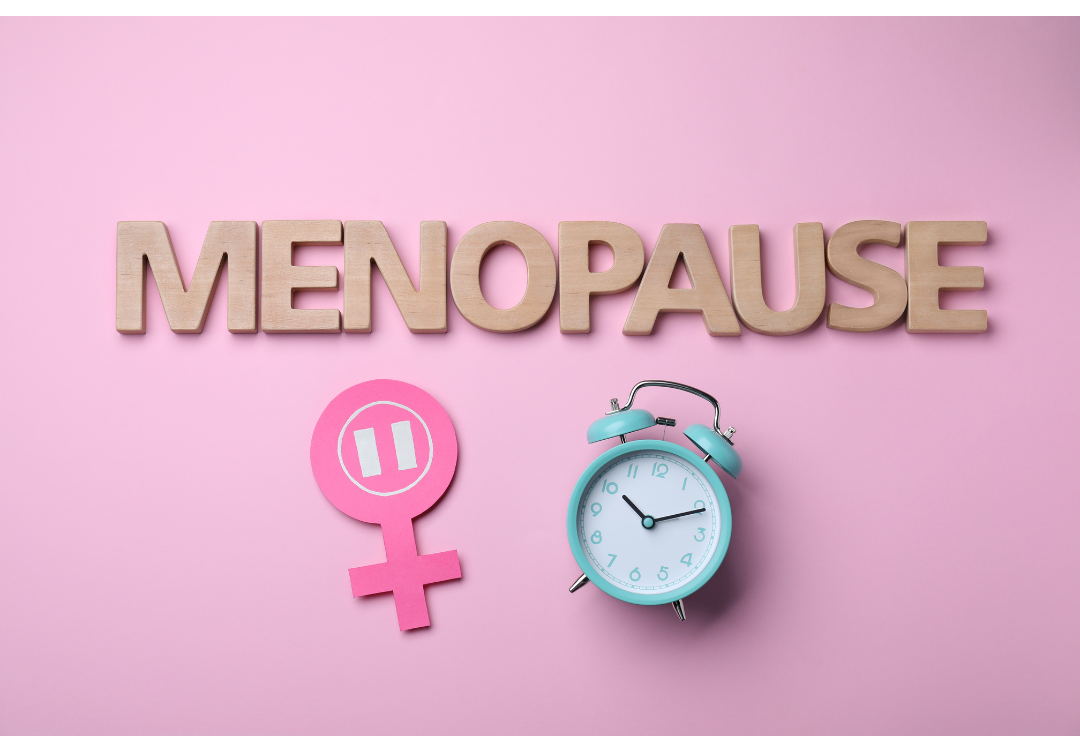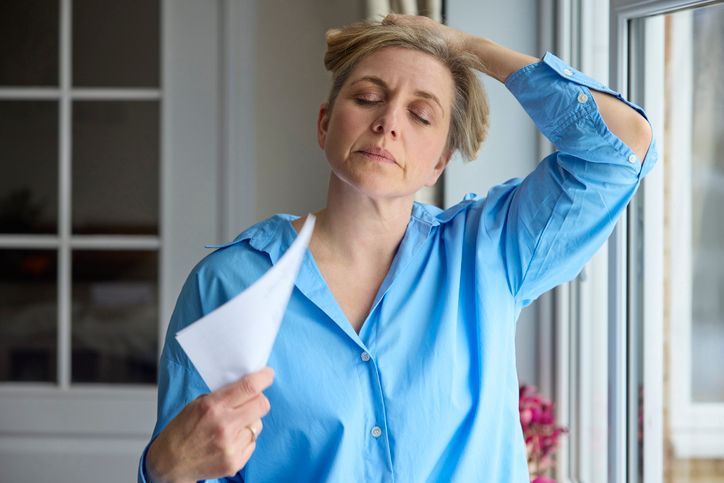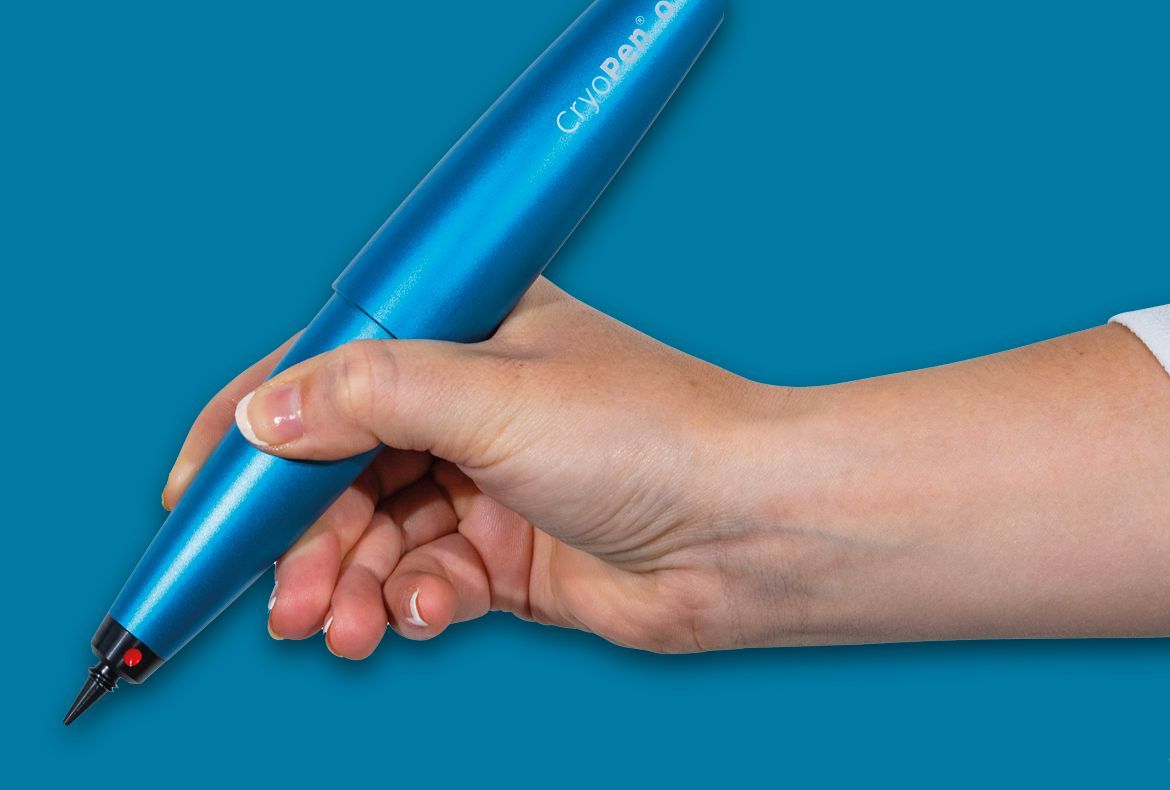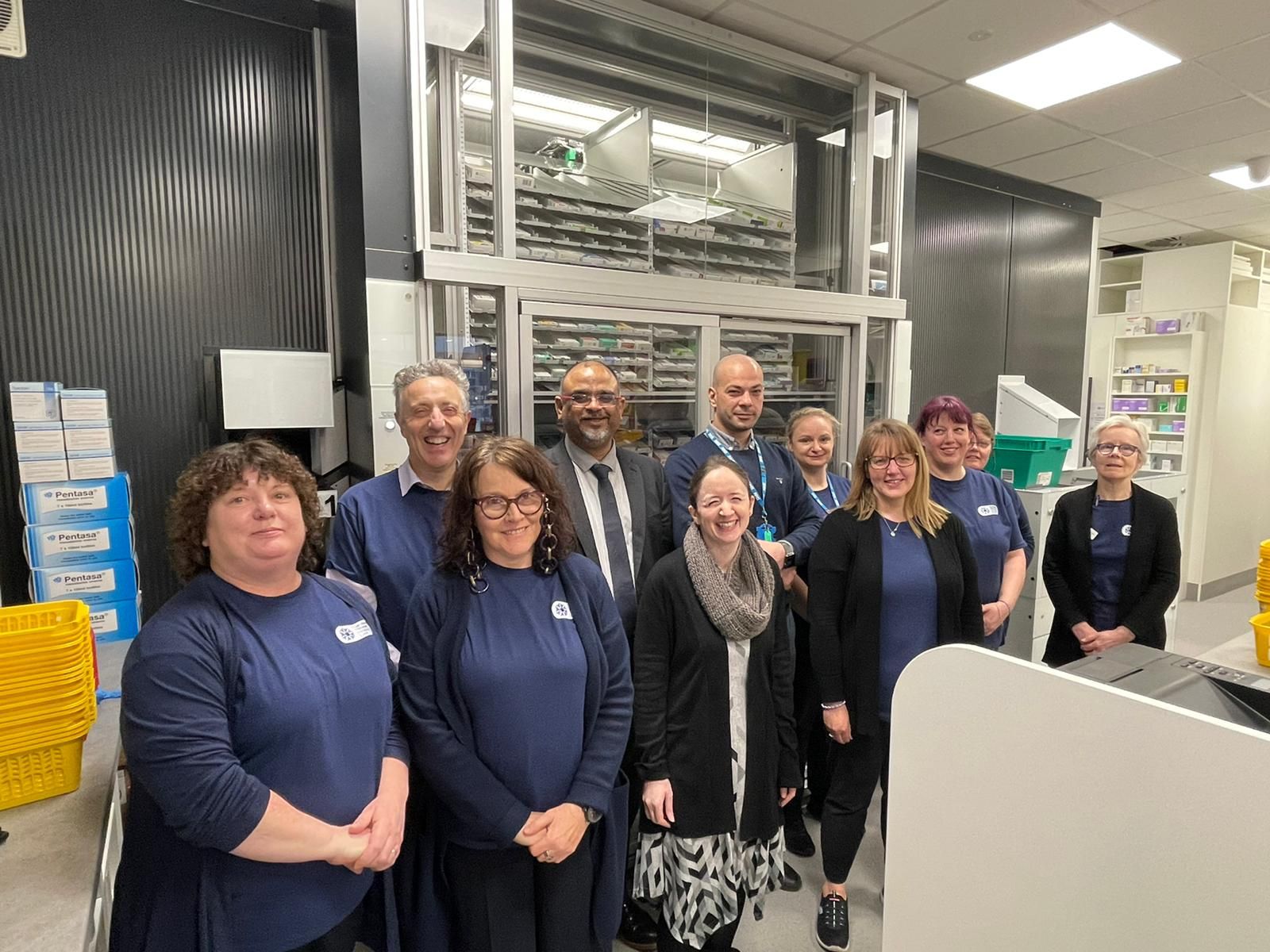Symptoms of menopause: how to reverse them?
Menopause for women is inevitable! It can be incredibly tough, because there are a variety of challenging symptoms, that can create bedlam and together may significantly affect a women’s quality of life. In this post we will outline the most common symptoms and show you some ways to alleviate them, making the menopausal transition far more manageable.
Symptoms of menopause

Mental health symptoms:
- Brain fog – described as a range of symptoms affecting memory or concentration including forgetfulness, slowed thinking, mental fatigue, poor concentration, and confusion.
- Changes in mood / mood swings – During menopause hormone production of oestrogen decreases which can disrupt hormones in your body leading to a sudden change in mood. These changes in mood can create feelings of anxiety and depression.
Physical symptoms:
- Hot flushes – Creating episodes of sudden hot or cold sensations in the person’s face, neck and chest which then make you dizzy.
- Disturbed, poor-quality sleep / night sweats – a symptom characterised by excessive nighttime sweating frequently resulting in interrupted sleep.
- Palpitations – the heartbeat becomes suddenly noticeable with palpitations which can last several seconds or many minutes.
- Headaches and migraines – these can be more painful or last longer than usual.
- Muscle / joint ache – muscles and joints can ache for no obvious reason.
- Weight gain – during menopause many women experience weight gain which can be accompanied by a change in body shape. In particular thickening of the waist.
- Skin problems – dry skin and itchy skin is a symptom that may occur during menopause resulting from the hormonal changes in the body.
- Reduced libido – Sex drive is often reduced during menopause.
- Vaginal dryness - this symptom can be incredibly uncomfortable and can also cause discomfort during sex which can, as a result, negatively affect partner relationships.
- Recurrent UTIs (urinary tract infections) – UTIs that keeps coming back could be a sign of menopause.
Note that this is not an exhaustive list, but we have listed the most common symptoms.
If you are concerned about any of these symptoms book a consultation with your doctor or pharmacist:
Why does menopause happen?
Menopause is a natural stage of in a women’s life, marking the end of periods and fertility. There are three stages to Menopause. Perimenopause, Menopause and Post menopause. Throughout these stages your body will gradually lose production of certain hormones, specifically oestrogen. Menopause is most significantly the sign of a woman’s reproductive years having passed.
Should I worry about menopause?
It’s natural to have some concern about menopause because change can always be scary. But there is no need to worry about going through menopause. Our pharmacy and pharmacies across the country can offer natural treatments in addition to the many medications available to help ease the transition through menopause. Along with the huge range of natural and medical treatments, many thousands of women go through menopause each year meaning there is plenty of support available through friends, family, and support groups. Menopause itself is not a life-threatening condition, but it is extremely important to maintain a healthy diet and lifestyle, if you want to live for many more decades into old age and remain in good health. Post menopause, women certainly have an increased risk of cardiovascular disease, osteoporosis and UTIs. So, maintaining a healthy diet and lifestyle before the menopause will drastically improve quality of life once after menopause, as well as reducing symptoms during menopause.
What can I do to help reverse/reduce the symptoms of menopause?
Hormone Replacement Therapy (HRT)
To be explicit you can minimise the symptoms, but you cannot reverse menopause. However, there are many treatments available to help improve the symptoms of menopause. One common treatment to tackle the symptoms of menopause is HRT. This is the provision of replacement hormones for hormones that will naturally decline during menopause. This will reduce many of the symptoms that come due to the menopausal transition, whilst also reducing many of the related health risks such as osteoporosis and heart disease. HRT is the most common and readily available treatment for menopause. That said there are numerous other types of treatment you can use.
Testosterone Gel
Despite testosterone being a hormone associated with men, this hormone plays a role in women too! The treatment option for menopausal symptoms is testosterone gel. Treating reduced sex drive and lowered libido. As a result, is usually prescribed in circumstance where the menopausal symptoms affect sex life. Standard HRT has only limited benefits in terms of symptoms associated with sex drive, which is why testosterone gel may be a better alternative or addition. Testosterone gel does not interact with standard HRT, so both can be prescribed together to relieve the broad brush of symptoms.
If you are unsure where to start in treating menopausal symptoms, book a consultation with your doctor or a pharmacist:
https://www.letchworthpharmacy.co.uk/book-appointment
Oestrogen treatment
Oestrogen treatments can be prescribed. This class of treatment is used to improve symptoms of vaginal dryness and irritated skin. In addition, this can help reduce the chances of contracting numerous UTIs, which is a common symptom during menopause. Oestrogen is one of the primary hormones affected by the menopause and is usually the main hormone treatment given to women throughout the menopause.
Risks associated with HRT?
There are modest risks associated with HRT… specifically in tablet form. Women over the age of 60 using HRT tablets have an increased risk of cardiovascular disease alongside a slightly higher risk of stroke. This risk can be heightened if HRT treatment is introduced late into menopause. The associated risks can be reduced by decreasing the dose of oral HRT or by using a gel or a patch.
Blood clots are an additional risk associated with taking oral HRT. Generally, the risk of blood clots are low but a crucial risk to discuss with your doctor when considering HRT. The increased risk of blood clots only occurs when taking oral HRT. Therefore, when considering HRT, it is essential to consider both risks and benefits on an individual basis, accounting for the wider status of the individual’s health and their risk factors. Thus, if increased clotting is a concern, your doctor, will likely prescribe you a HRT treatment that is not oral (tablet) form. Because oestrogen is safer when being absorbed directly through the skin in lower doses.
Another potential risk with HRT is breast cancer. Evidence suggests that there are 5 more cases of breast cancer in every 1000 women who take HRT for 5 years. Despite this relatively small increase in risk (which equates to 0.5% of women), the risk towards women will increase the longer HRT is taken. This is further increased alongside aging. Fortunately, the risk normalises once HRT is stopped. It’s usually advised that women with a history of breast cancer do not take HRT, as this puts women in this category at an unnecessarily increased risk of breast cancer. Additionally, doctors are wary about prescribing HRT in families with a strong history of breast cancer or an increased genetic pre-disposition.
If you have any concerns or general inquiries about going through menopause, or HRT treatments, book a consultation with our pharmacist who can discuss these with you:
https://www.letchworthpharmacy.co.uk/book-appointment
What are the non-medical options?
Herbal remedies
After having discussed the prescription and medical options, we understand that not everyone will want to use a prescription to manage symptoms. Firstly, a woman going through the menopause could make use of herbal remedies. These Remedies:
- primrose oil
- black cohosh
- angelica
- ginseng
- St John’s wort
- red clover
Offer women relief with some symptoms. However, it’s important to remember herbal remedies unlike medical options, do not have scientific evidence to back them up. Some people find them helpful but there is no guarantee they will help improve your own symptoms. Most of the listed herbal remedies have similar effects. Usually helping to improve hot flushes and mental health symptoms.
Body-Identical Hormones vs Compounded Bioidentical Hormones?
Bioidentical hormone is a term used to describe hormone supplements, which have the same molecular structure as the hormones naturally produced by our body. It’s important to differentiate between hormones whose manufacturing is closely regulated and monitored by the appropriate regulatory bodies and unregulated supplements whose content could vary. Body-identical hormones is the term given to hormones that are manufactured to pharmaceutical standards and regulated so that patients using them can stay safe. Many so-called “bioidentical” hormones are plant-based which appear to be an appealing option to those who do not want to use traditional HRT treatments. However, these plant-based treatments are unregulated and may be ineffective or worse, so we don’t recommend them.
Compounded Bioidentical Hormones
Compounded bioidentical hormones are another option women may consider. This is a poorly documented and potentially dangerous treatment. Therefore, many health professionals will advise against using compounded bioidentical hormones to treat menopause symptoms. They could be unsafe, have less effect on your symptoms and they are unregulated.
In Short: Compounded bioidentical hormones, have little evidence about the risks they potentially have towards women’s health or if they are any safer than other treatments. Herbal remedies and traditional HRT treatments are generally monitored for safety by health regulatory bodies whereas compounded bioidentical hormones are not. This makes them an unappealing option.
Finally, if you are worried about going through the menopause or have any other health concerns book a health consultation with a professional to discuss what the best next step is for you. Book a consultation with our pharmacist who can advise you on the next steps:










